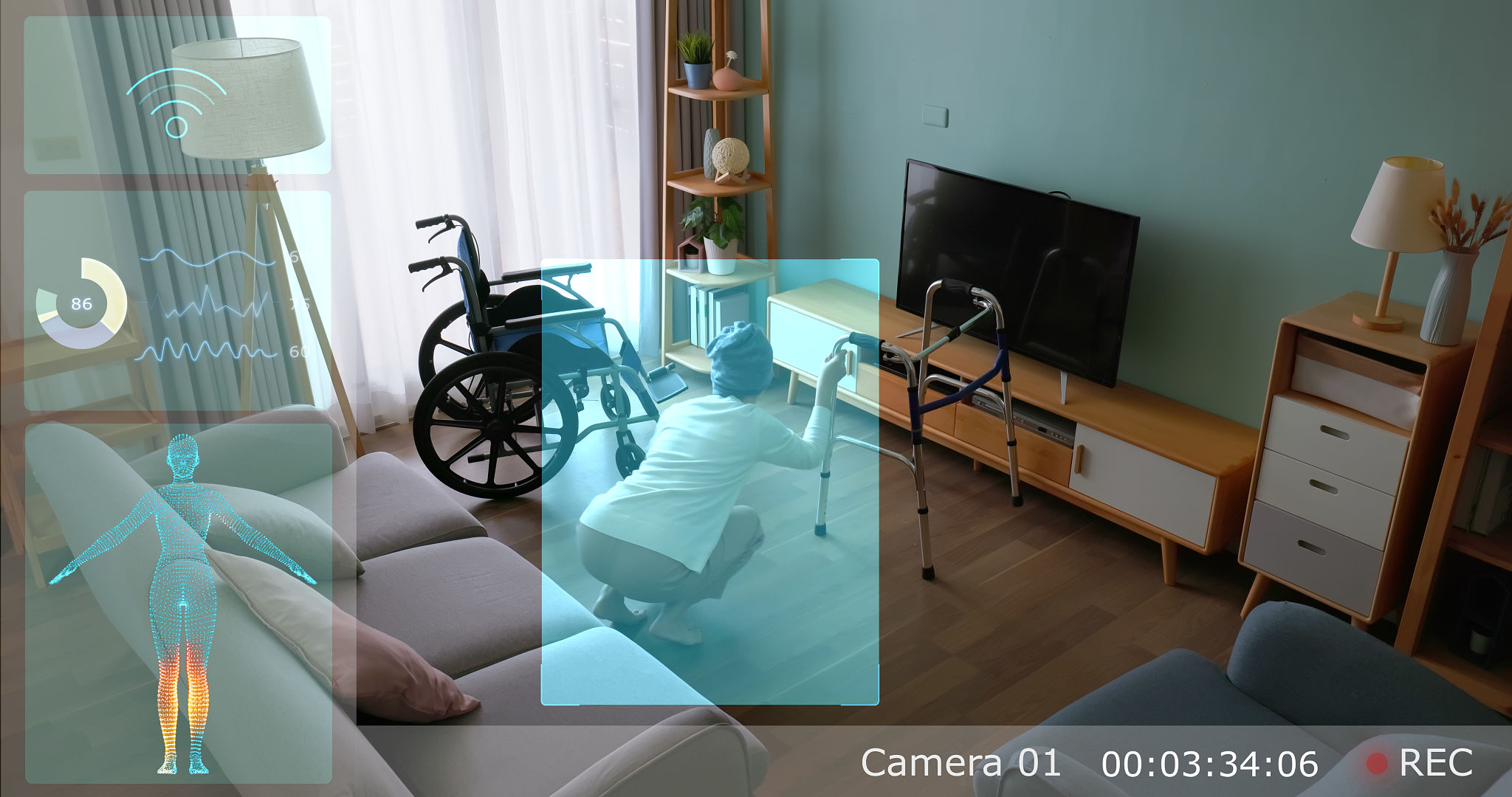The Role of Neurodiagnostics in Managing Sleep Disorders
Understanding Sleep Disorders
Sleep disorders affect millions of people worldwide, disrupting not only their rest but also their quality of life. These disorders can manifest in various forms, including insomnia, sleep apnea, and restless legs syndrome. Understanding the underlying causes is crucial for effective management and treatment.
Neurodiagnostics plays a significant role in identifying and understanding sleep disorders. By using advanced technology, healthcare professionals can gain insights into the brain's activity during sleep, which can help in diagnosing specific conditions.

The Importance of Neurodiagnostics
Neurodiagnostics involves a range of tests and procedures designed to evaluate the brain's electrical activity. In the context of sleep disorders, this typically includes polysomnography, electroencephalography (EEG), and actigraphy.
Polysomnography is a comprehensive test used to diagnose sleep disorders. It records brain waves, oxygen levels, heart rate, and breathing during sleep. This data is essential for identifying issues like sleep apnea and narcolepsy.

Electroencephalography (EEG)
EEG is a non-invasive test that measures electrical activity in the brain. It is particularly useful for diagnosing conditions like epilepsy that can impact sleep. By monitoring brain waves, doctors can identify abnormal patterns that may contribute to sleep disturbances.
Another tool, actigraphy, involves wearing a sensor that tracks movement and can help assess sleep-wake cycles. This method is less intrusive and can be used over longer periods to provide a more comprehensive view of sleep patterns.
Benefits of Early Diagnosis
Early diagnosis of sleep disorders through neurodiagnostics can significantly improve treatment outcomes. By understanding the specific nature of a disorder, healthcare providers can tailor treatment plans to the individual, enhancing the effectiveness of interventions.

Moreover, addressing sleep disorders can have a positive impact on overall health, reducing the risk of associated conditions such as depression, cardiovascular disease, and diabetes.
Innovations in Neurodiagnostic Technology
The field of neurodiagnostics is continually evolving. Innovations such as portable sleep monitors and advanced imaging techniques are making it easier to diagnose sleep disorders accurately and efficiently. These advancements allow for more personalized and accessible healthcare solutions.
With ongoing research, the future of managing sleep disorders through neurodiagnostics looks promising. Patients can expect more refined diagnostic tools and treatment options that cater to their unique needs.
